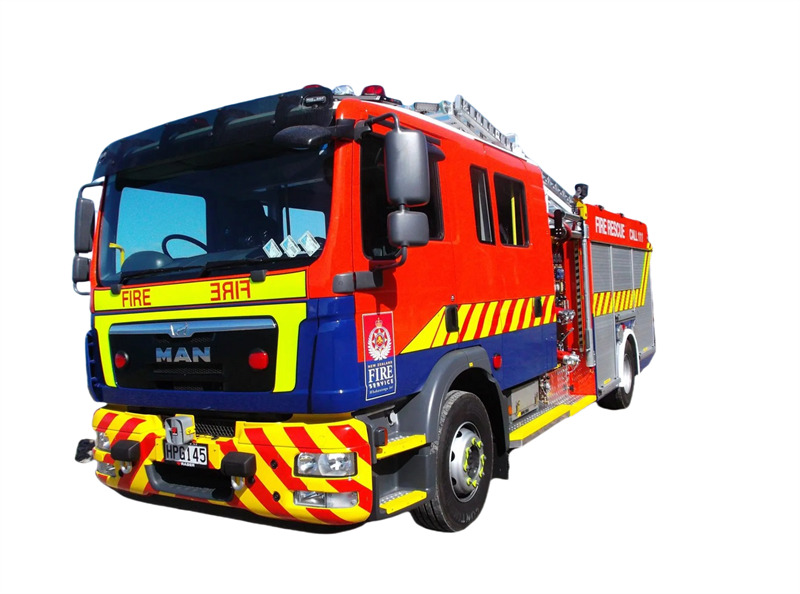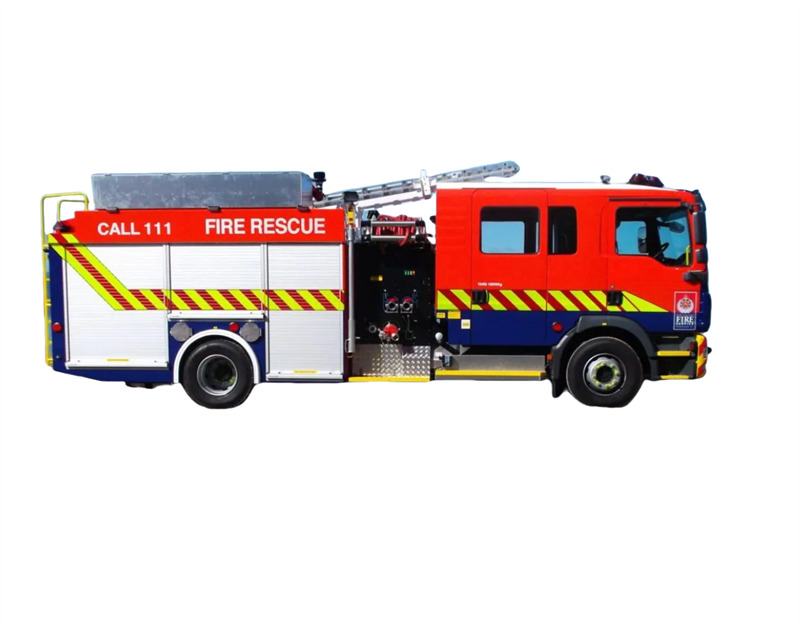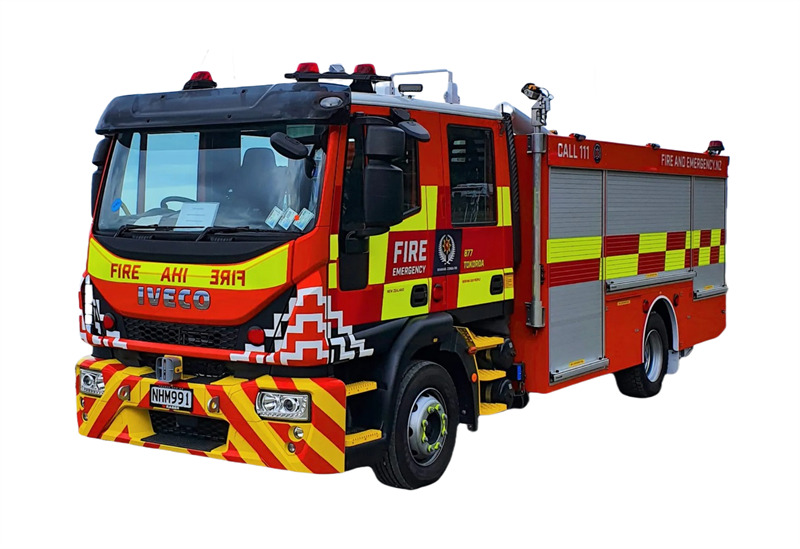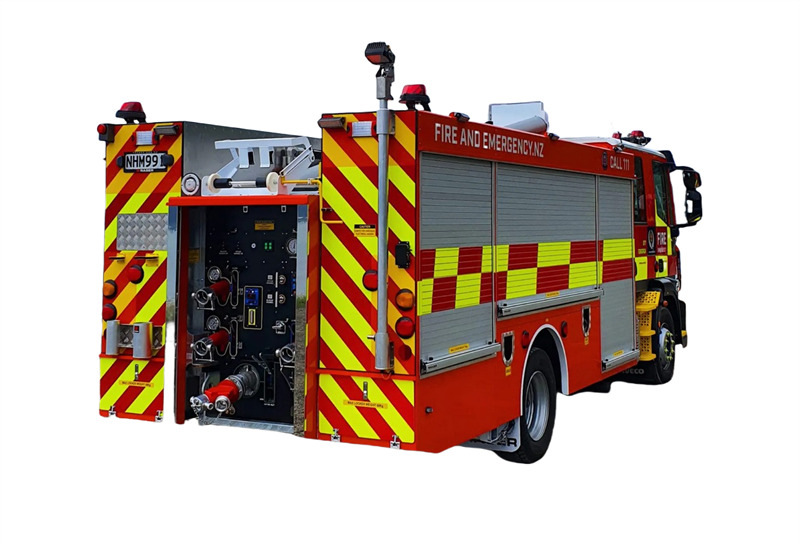


The selection of fire engines is a critical decision for fire departments, directly influencing operational efficiency, community safety, and resource optimization. As frontline assets, fire engines must align with the unique challenges of a jurisdiction, balancing technical specifications, budgetary constraints, and evolving firefighting demands.

Fire engines represent multi-million-dollar investments with lifecycle costs spanning maintenance, fuel, and personnel training. Selecting incompatible models may strain budgets through frequent repairs or premature replacements.

Operational Efficiency and Mission Adaptability
Selecting appropriate fire engines directly impacts a department’s ability to respond effectively to emergencies. Fire engines vary in size, pump capacity, and specialized equipment, such as aerial ladders or hazmat containment systems.
Firefighter Safety and Vehicle Reliability
Fire engines serve as both transport and operational platforms, making their mechanical and structural integrity critical. Vehicles with outdated braking systems, insufficient stability controls, or inadequate crew compartment protection elevate risks during high-speed responses or on-scene operations. Modern engines integrate safety technologies like rollover protection and collision avoidance systems, which minimize injury risks.
Long-Term Financial Sustainability
Fire apparatus represent significant investments, often costing 500,000to1 million per unit. Departments must balance upfront costs with lifecycle expenses, including maintenance, fuel efficiency, and repair frequency. For example, diesel engines may offer power but incur higher upkeep than electric hybrids.
Community Risk Preparedness and Scalability
Fire engine choices must reflect evolving community risks, such as urbanization, climate-related wildfires, or industrial growth. A suburban department facing increased high-rise construction may prioritize aerial platforms, while a wildfire-prone region might invest in off-road-capable engines with larger water tanks.


You may be interested in the following information